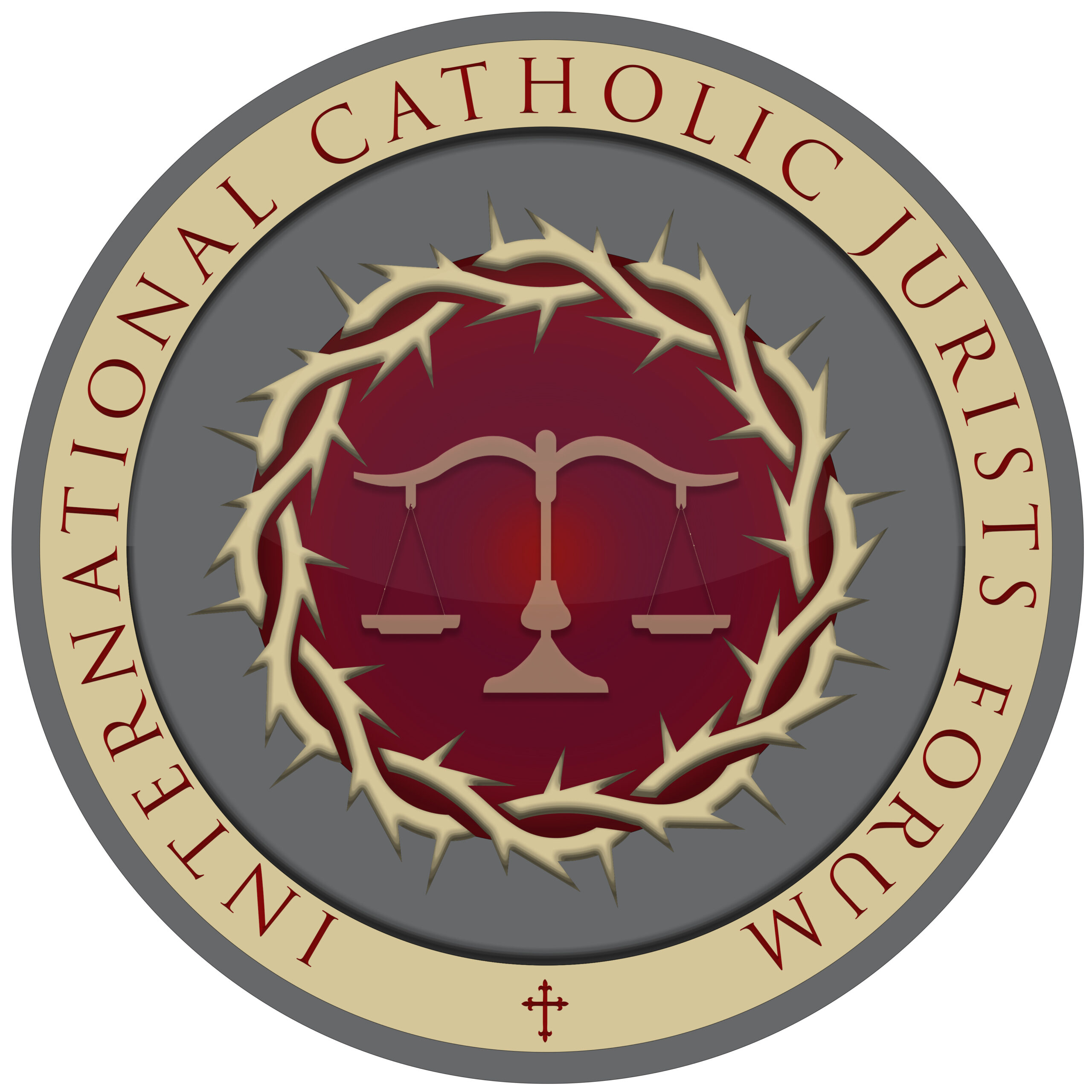Pope Francis Has a Chance to Change a Bad China Policy
The Vatican’s China accommodation serves Xi Jinping, not Chinese Catholics.
Nina Shea
National Review
August 6, 2023
Pope Francis should see the writing on the wall and revise the Holy See’s China policy. There is no hiding that its five-year-old agreement with Beijing has served Chinese Communist Party interests, to the detriment of the Vatican’s and those of Chinese Catholics. The pope’s recent decision to elevate Hong Kong’s Bishop Stephen Chow to the College of Cardinals provides an opportunity for a new approach.
A “good bishop,” Hong Kong’s Cardinal Joseph Zen called him when meeting with the pope in January. A Jesuit, like Francis, Chow could serve as a key papal China-policy adviser. The pope could benefit from frank, on-the-ground accounts by someone he trusts. There will be opportunities for that in late August, when both are in Mongolia for the papal visit, and then in September, at the consistory for new cardinals in Rome.
Cardinal Pietro Parolin, the secretary of state of the Holy See, gave Beijing a role in appointing China’s bishops, gambling that the 2018 deal with China would overcome state obstruction that has left vacant some 30 episcopal seats, 30 percent of China’s dioceses. Instead, the CCP has used that role as a golden opportunity to advance “Sinicization,” a policy announced by Xi Jinping and rolled out that same year. Under Sinicization, religions are forced to adapt to Chinese communist ideology.
Beijing lost no time in compelling mainland bishops to join the Chinese Catholic Patriotic Association. Unapproved by the Vatican and founded under Mao Zedong to oversee and “reeducate” mainland clergy, it now is directly controlled by the party’s propaganda arm, the United Front Work Department. The association requires a pledge of “independence, autonomy, and self-administration.” This suggests the outright rejection of papal authority and was declared “incompatible with Catholic doctrine”
by Pope Benedict XVI in a letter to China’s Catholics in 2007. Nevertheless, in 2019, the Holy See issued pastoral guidelines permitting clergy to take the pledge. Citing China’s hollow constitutional guarantee of religious freedom, the guidelines give the strained interpretation that agreement language on the “independence” of the church in China means not that the church is independent of the pope but only that foreign influence in the “political sphere” is forbidden.
